The importance of teenage female empowerment
Misrepresentation of teenage girls in media and entertainment cause the young female viewers of that media to generate unachievable standards for themselves in regards to intelligence, beauty and self-confidence.
October 17, 2021
The pressure of school, social media, beauty standards and finding oneself are some, but not all of the cards that teenage girls are dealt. Conundrums such as “be smart, but not smarter than your male counterparts” or “be pretty, but don’t try too hard” tend to face our demographic. Celebrities say this, but parental figures say that.
The root of these issues, however, tends to lie in misrepresentation in the media. Due to this, girls are forced to live up to impossible standards, which only emphasizes the importance of teenage female empowerment.
In older TV and movies, high school girls are often portrayed to be superficial, boy-obsessed stereotypes that lack character development or depth. Throughout the 80s and 90s, adolescent female characters have been used simply to support the lead or used as symbols for a male-driven fantasy. “She’s All That”, “The Breakfast Club”, “Sixteen Candles” and many others exemplify this. John Hughes dominated the scene in coming-of-age classics while demonstrating how not to write teenage female characters.
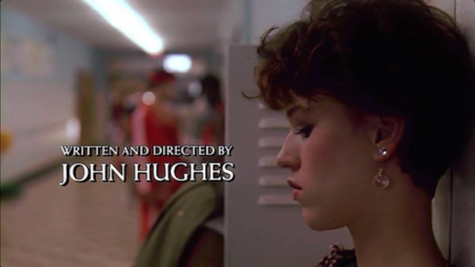
However, redemption for this old-fashioned stereotype is possible. TV shows like Netflix’s Sex Education have been defying tropes and reinforcing feminism since the pilot episode. Teenage female characters are written with a refreshing depth—character development with relevant plot lines, that are created specifically to address real-world problems and promote inclusivity.
A more prominent portion of modern media roots in apps like Instagram and Tiktok. Influencers on these apps tend to lean one way or the other in terms of positive influences on their teenage audience. Some build their platforms around empowerment for young women by promoting body positivity, confidence and supporting their peers.
Others, however, subconsciously and consciously strengthen sexist ideals. Those who participate in “body-checks” might not realize how degrading it can feel to female viewers who struggle with beauty standards. The idea of calling women “sandwich-makers” or “dishwashers” is resurfacing, but claiming itself to be a harmless joke, when the effects are the exact antithesis of harmless.
Despite the stereotypes in film, television and now social media, teenage girls are luckily given opportunities to succeed in real-life settings. Empowerment for female students is available in an academic environment, especially at Foothill Technology High School (Foothill Tech). Clubs such as Girl Up give students alike the chance to feel important, be heard and understand their value in society.
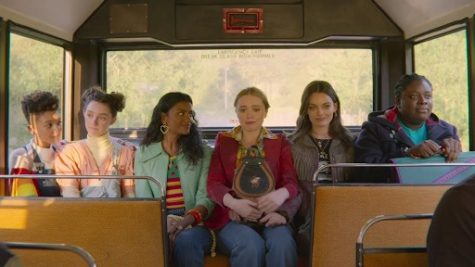
Although times are changing, it seems as though many unachievable ideals are integrated into society. Yes, women are given opportunities to succeed in most areas of life, but how long has it taken to get here? Female empowerment must stem from teenagehood so it can grow and flourish throughout one’s entire life.


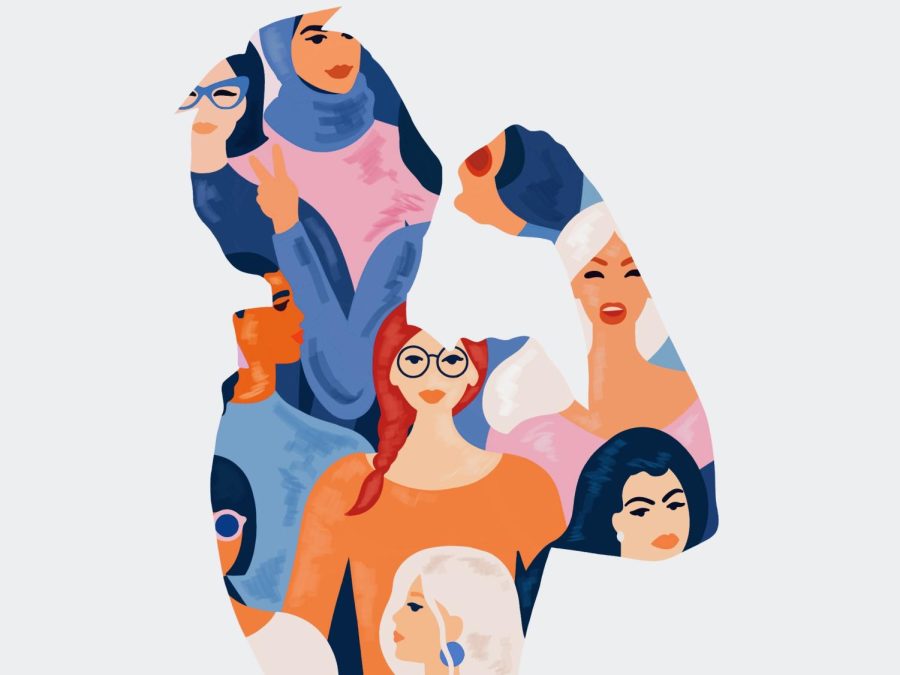








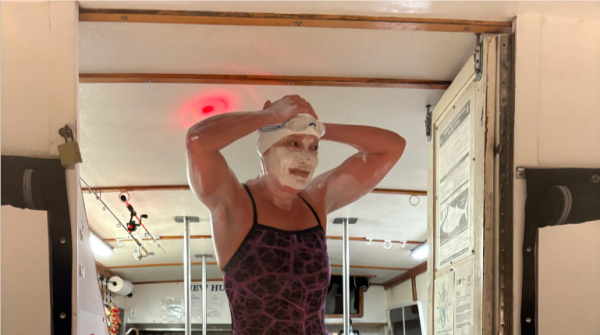
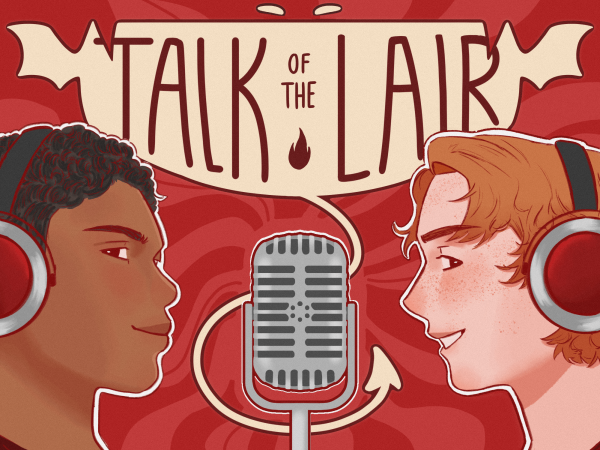




Ashley Newman • Oct 19, 2021 at 10:58 am
Highly recommend all my women to watch Girlboss on Netflix. It shows a lot of girl power and how femininity it is not all makeup, boys, and how it is not an easy life of never having to make smart decisions for yourself. It is challenging, filled with trials and unknowns. Girlboss follows the main character Sophia who starts her own Ebay business remaking and reselling high quality vintage pieces. This business then sprouts into what a clothing company we now know as “Nasty Gal” previously Nasty Gal Vintage. Also little self promo if you want to feel empowered, Girls Who Start empowers young women to become successful businesswomen and entrepreneurs! Contact @girlswhostart.fths on Instagram to join!!!
Olivia Zoll • Oct 20, 2021 at 11:58 am
I loveeeeeeeeeeeee that show I’m so sad they cancelled it